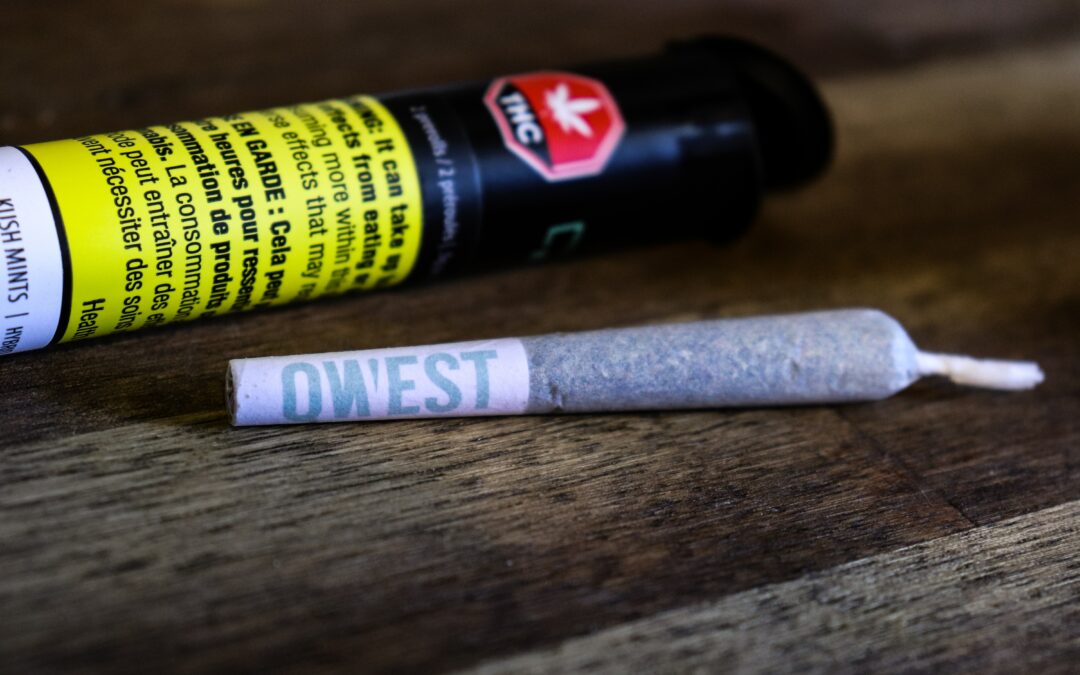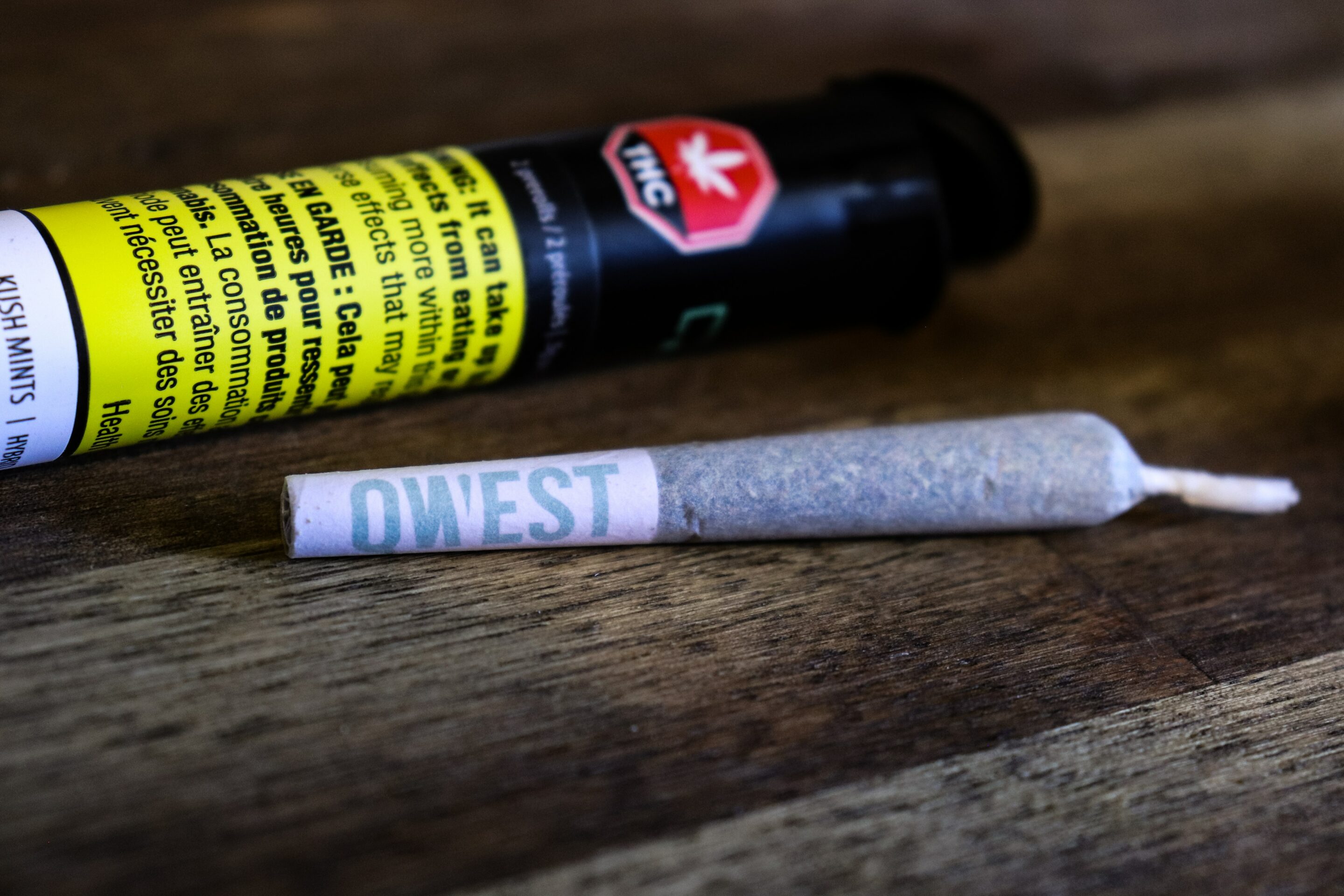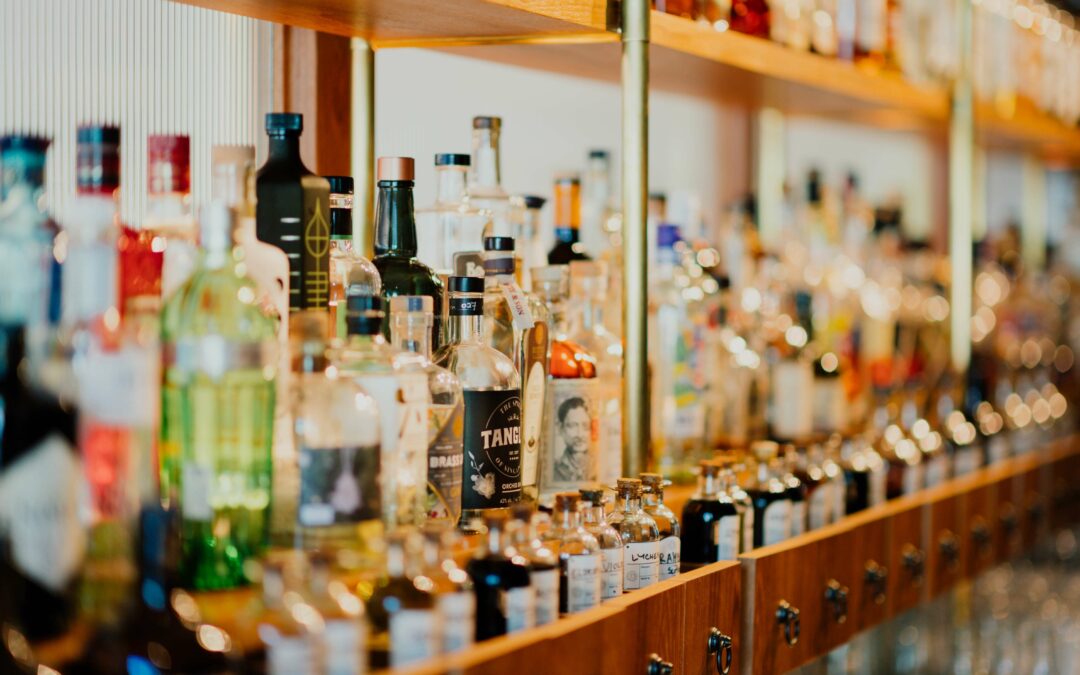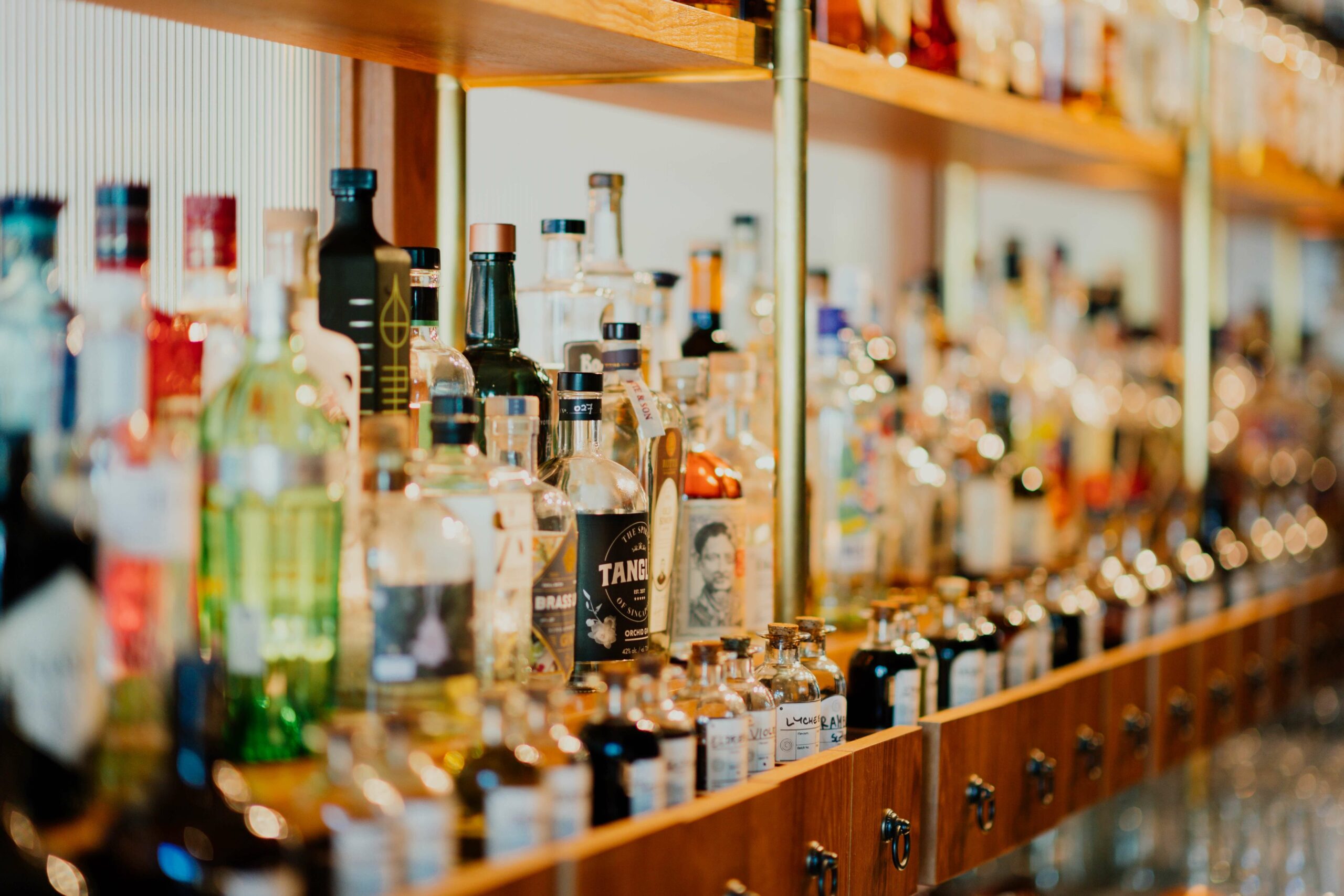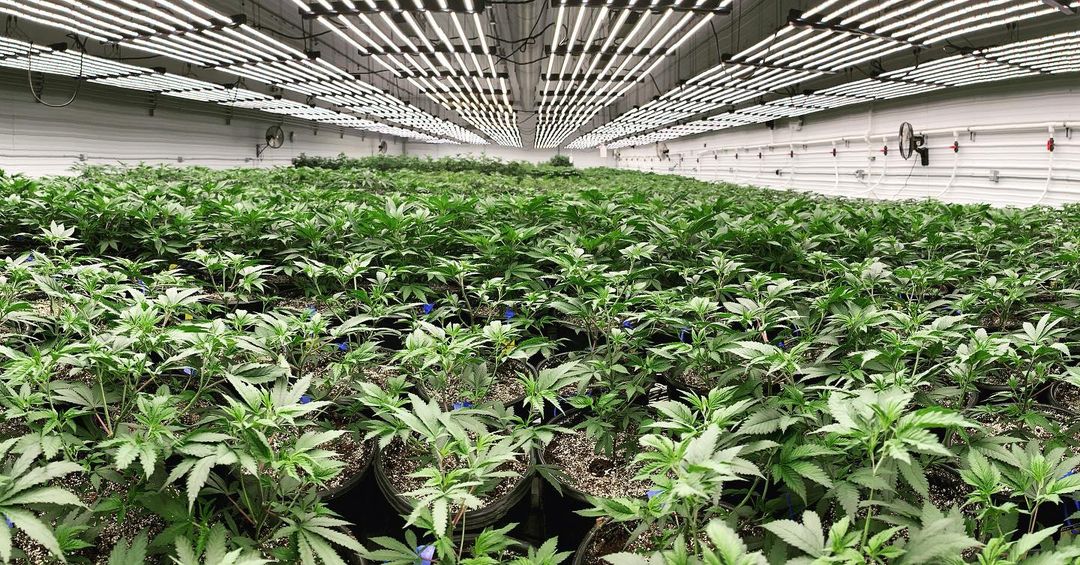
Missouri Medical Marijuana Sales Set Record in June

JEFFERSON CITY — Missouri’s medical marijuana industry topped $70 million in cumulative sales, including nearly $16.4 million in June, according to the Missouri Department of Health and Senior Services.
Eight months after the state’s first dispensary opened in October 2020, 126 dispensaries operate throughout the state. Those dispensaries, plus manufacturers, transporters, and laboratories, total 201 medical marijuana facilities in the state.
“This is essentially Missouri’s newest twenty-first century industry,” Alan Zagier, a representative from the Missouri Medical Cannabis Trade Association, said. “Now we’re really at the moment when rubber hits the road, and we’re really starting to see the results of all this hard work our members have put in.”
Zaiger said the industry contributes to a post-COVID economy.
“The benefit extends to not just cannabis patients but also to the workforce,” he said. “This is a real shot in the arm for lots of communities across the state. These are real, tangible jobs.”
A total of 375 facilities have been licensed to handle medical marijuana by DHSS.
“We’re not just talking about dispensaries in our urban centers in St. Louis and Kansas City, and even there in mid-Missouri,” Zaiger said. “We’re talking about dispensaries in places like Hayti and Caruthersville.”
Shangri-La Dispensaries is one of those facilities, with dispensaries in Columbia and Jefferson City.
“Business is phenomenal,” Michael Lafrieda, the Chief Operating Officer for Shangri-La, said. The dispensary sees “several hundred [customers] a day. On some of the longer holiday weekends, a couple thousand people.”
Lafrieda said his customers range in age from teens to eighties. Zaiger said that nearly 121,000 Missourians have been approved as medical marijuana patients, with many more applications.
“For the sake of comparison,” Zaiger said. “Illinois has about 12.6 million residents, so that’s more than double of Missouri. And even now, several years into their program, they currently only have 55 licensed retail outlets open, so that’s less than half of the number that we have open in less than a year’s time.”

